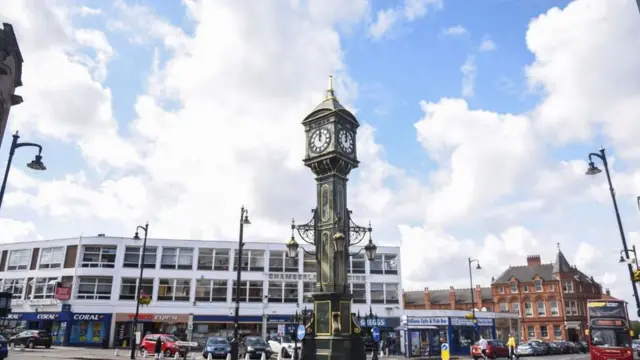Neuro-rehabilitation to aid recover… – Information Centre – Research & Innovation

© sompong_tom #312921254, source:inventory.adobe.com 2020
The EUs CDAC undertaking, funded by the European Analysis Council, contributed to the development and scientific validation of progressive systems that have presently been applied for the rehabilitation of in excess of three 000 stroke patients throughout Europe. The very same solutions could now be deployed to guidance the cognitive restoration of people discharged from intensive treatment units. More than thirty % of intensive treatment patients put up with delirium and cognitive impairment, a determine that rises to eighty % among mechanically ventilated patients this sort of as the hundreds treated for COVID-19.
We know that patients in intensive treatment normally go away with considerable brain damage: about thirty % to 50 % will not return to work inside a few yrs. These people need neuro-rehabilitation but most health care techniques do not offer it owing to the absence of price tag-powerful solutions. COVID-19 is driving up the amount of people in intensive treatment, so we can expect there will be a massive amount of patients with neurological deficits who will need cure, suggests CDAC coordinator Paul Verschure, a study professor with the Catalan Institute of Highly developed Reports in Spain.
For the duration of the undertaking, Verschure and his team conducted groundbreaking empirical and computational neuroscience and robotics study checking out the practical job of consciousness in adaptive conduct. This led to the development of a idea of thoughts and brain in the type of an artificial intelligence-centered consciousness architecture named distributed adaptive control (DAC). The team also created a deeper comprehending of the job of key brain structures involved in aware and subconscious conduct, adaptive understanding and contextual memory.
Applied clinically, the DAC idea enabled the development of a exclusive neurobiological design of motor and cognitive operate in stroke patients, when supporting ongoing work to deal with other neurological conditions this sort of as cerebral palsy, Alzheimer disease and write-up-intensive treatment syndrome.
Eodyne, a spin-off enterprise established by Verschure, has given that disseminated the CDAC study conclusions as part of a exclusive neuro-rehabilitation solution. The Rehabilitation Gaming Technique (RGS) is at present applied daily in hospitals throughout Europe to deal with stroke patients.
AI-centered rehabilitation at house
The DAC-centered and AI improved RGS technology provides gamified and participating exercises for patients that can be performed by using a house pc. This is coupled with sensors and info analytics to offer health professionals with genuine-time health-checking facts and diagnostic resources.
Clinical trials have shown that coaching with RGS will increase restoration in the acute, subacute and serious phases of stroke throughout motor deficits, cognitive deficits and affective deficits. All of this will be similarly related for intensive treatment patients recovering from COVID-19, Verschure suggests.
The work conducted in CDAC, which is currently being continued in a adhere to-up undertaking named cRGS, improved the technology with a new layer of insights into rehabilitation protocols. For the initially time, these choose into account the worth of volition, the aware willingness of patients to perform a process, and the elementary job it plays in memory and memory remember.
You may possibly have come throughout the philosophical argument that free will is an illusion, which of course has all types of quite harming implications for our conduct and how we organise our modern society. But our study displays that aware volition is enormously essential. We have shown that if we want to educate the brain or rehabilitate the brain, we need to do it beneath conditions of volition or the brain will not completely integrate the facts, Verschure describes.
The study also implies that cognitive deficits in stroke patients do not automatically end result right from damage to the brain but can come from affective point out diseases this sort of as melancholy. That, in turn, opens up new avenues to assess mental health and cognitive problems from the beginning position of memory and consciousness.
Linking science to modern society
In that perception, CDAC and cRGS are making incredible insights mainly because previously all these domains experienced been treated independently. The crossover concerning them experienced in no way seriously been viewed as, but in so performing we have opened up a new window on cognitive rehabilitation, Verschure suggests.
That window is owing to be expanded further more in light of the COVID-19 pandemic, with the CDAC/cRGS team searching for funding for adhere to-up initiatives to be in a position to swiftly roll out scalable neuro-rehabilitation solutions for people rising from intensive treatment.
Unless motion is taken now, COVID-19 patients will put up with the very same destiny as most stroke patients who are sent house without having obtain to rehabilitation mainly because health care techniques are not providing solutions, Verschure concludes. We have been up versus scientific patterns that are hard to transform and the price tag constraints of health care techniques. This pandemic is a pretty urgent invitation to rethink how we tactic health care and health care economics as very well as how we backlink science to modern society.







